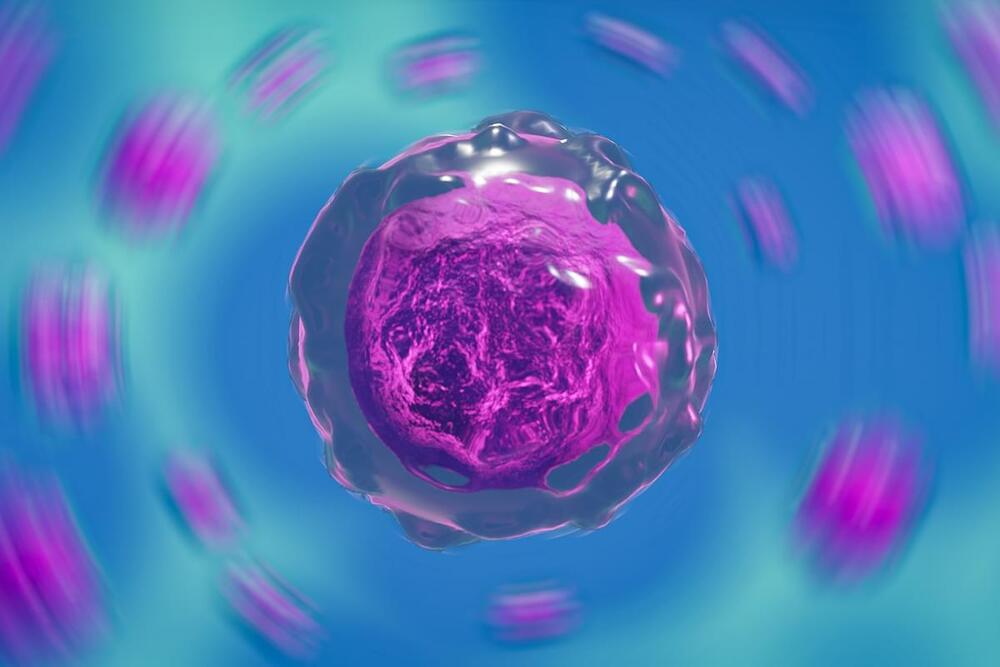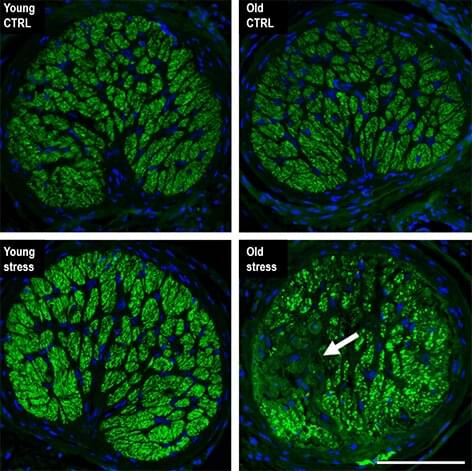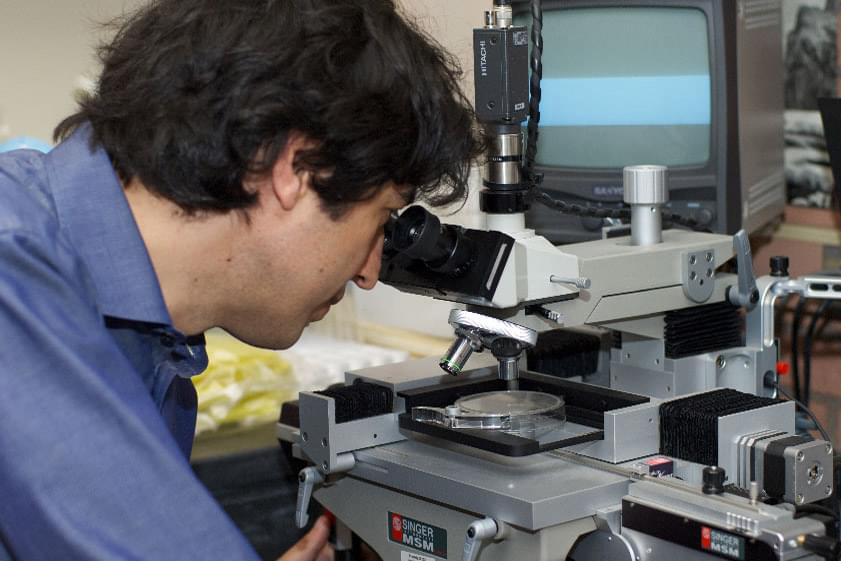Today we have the impression that our planet is a stable place, in exception of some natural disasters. But there was times earth was not a live-friendly place. A important condition for life is the presence of liquid water (maybe not everywhere). Land was inhabitated till the Ordovizium because of air Oxygen poverty.
Many Factors are changing the state of our planet. For first the sun which is increasing their radiation by ageing. This is evident because it shifts the inner bounder of the habitable zone away from sun. Another Problem is the ageing of earth and the decreasing of geological activities. This will reduce the exhaust of greenhouse gasses and so the outer border of habitable zone will shrink. Maybe after 500 Million years life on earth is no more possible, but just Pangea Ultimo will be a very hostile, deserted World. Later Water will evaporate, combinated with volcanic gases Earth will get a very dense athmosphere very Venus-like. This state will Keep for billions of year — a very sad end for our planet before Sun, after the collapse of hydrogen burning and a instable phase will finally inflate to a red giant. It’s not sure if earth will be absorbed but otherwise it would be a devastated, lonely planet travelling through space… Have you ideas for another Video — write it in the coments — best ideas will be realized… I also make gaming-Videos about Amazing-Frog and Minecraft, my Server https://minewind.com …
Have you ideas for another Video — write it in the coments — best ideas will be realized…
I also make gaming-Videos about Amazing-Frog and Minecraft, my Server.






